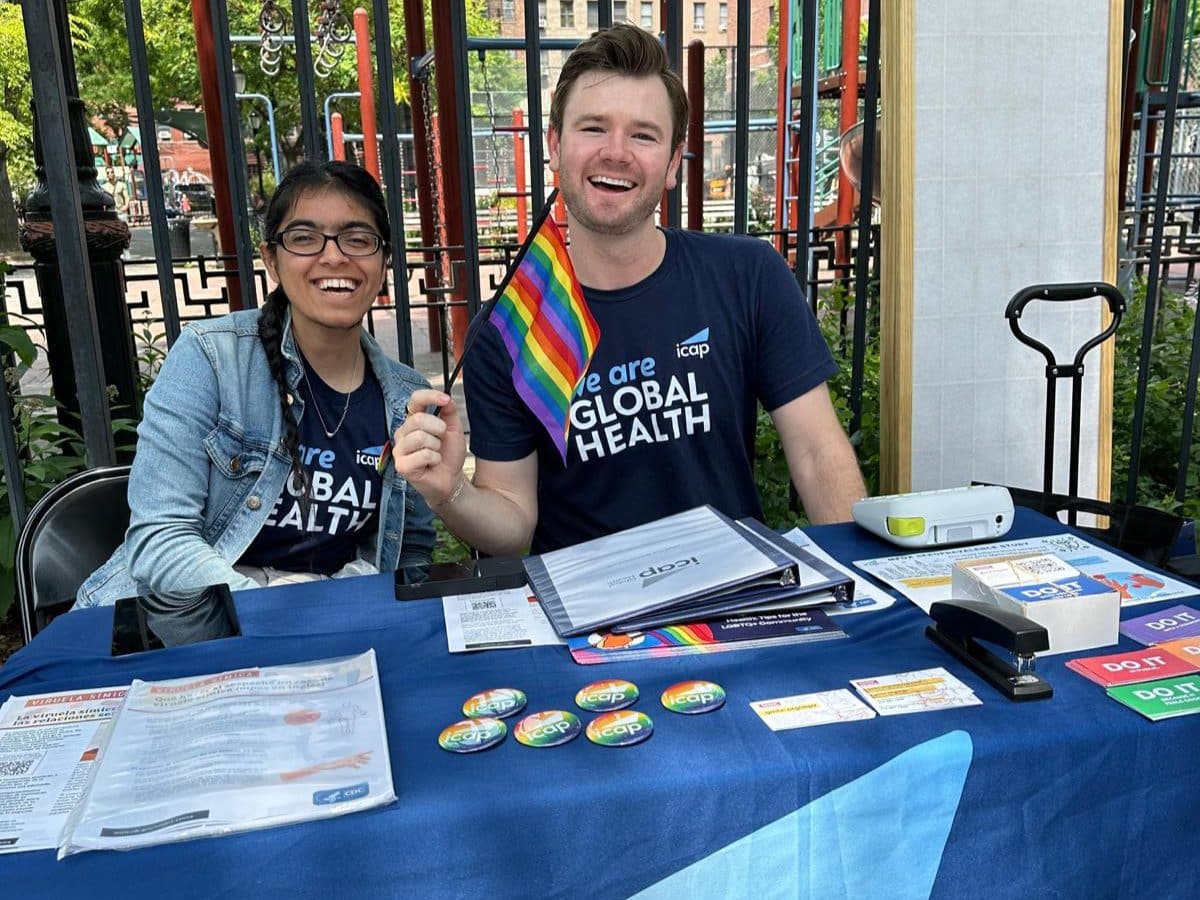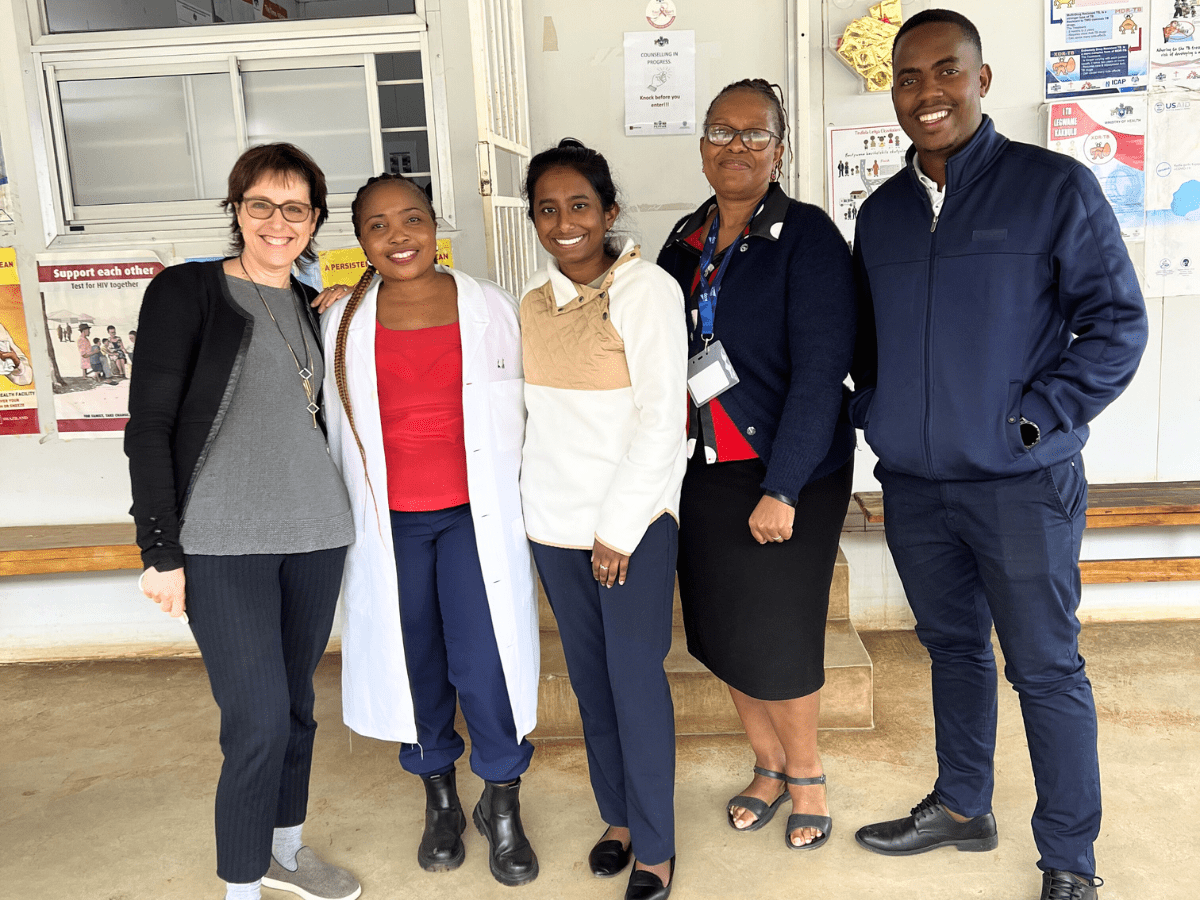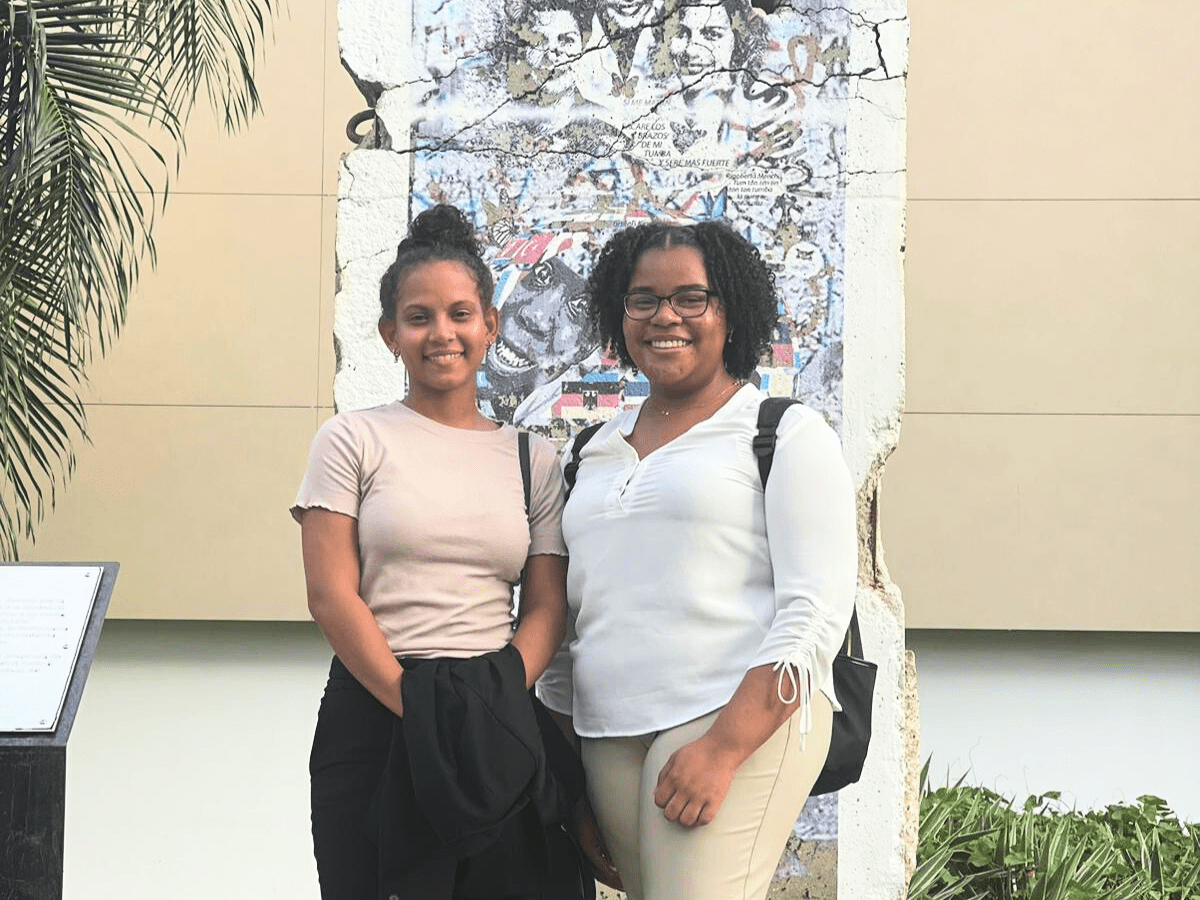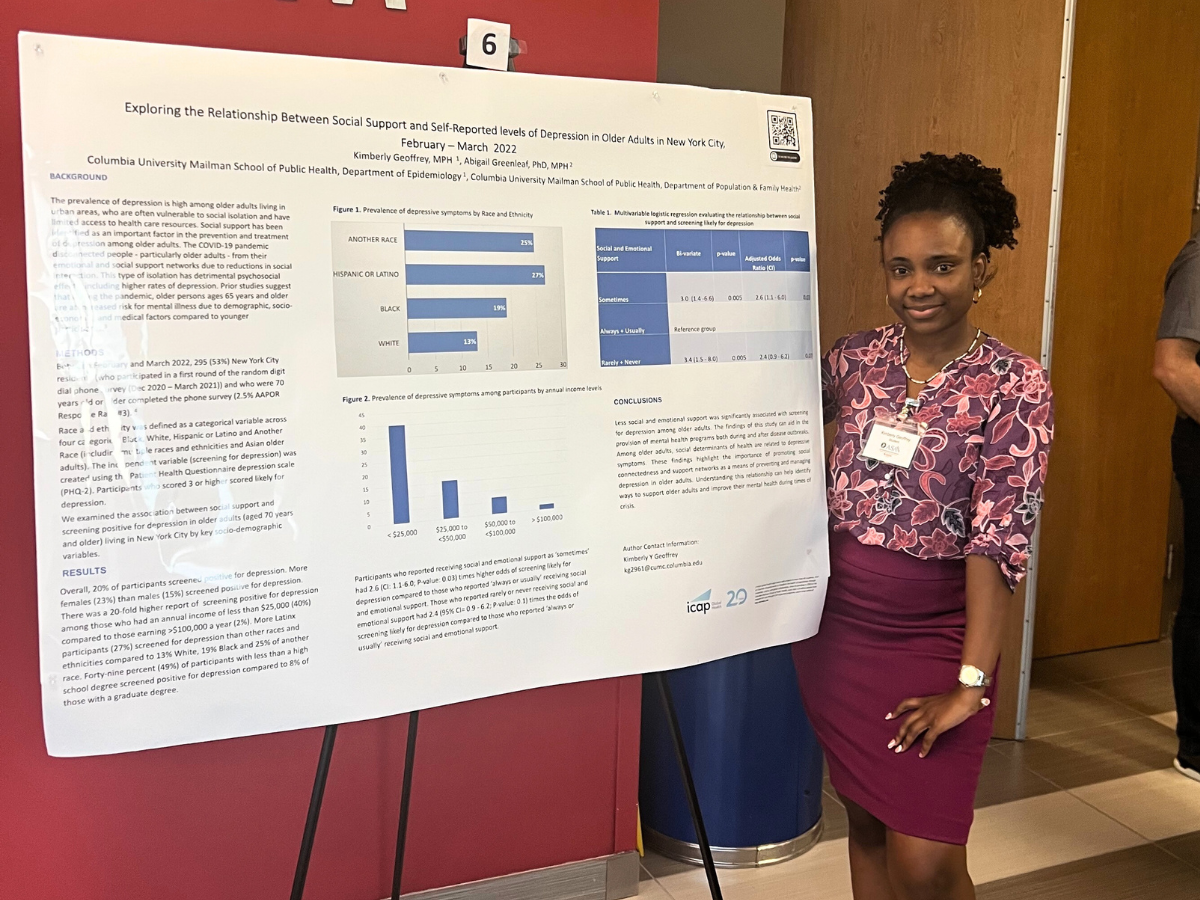To fully understand my experience with ICAP’s Next Generation Internship, you need to know that I am a planner.
As soon as I realized that I wanted to enter the field of public health, I immediately began researching Master of Public Health (MPH) programs and decided that Columbia University would be the ideal place for me to pursue my degree. A large portion of this decision was due to ICAP’s presence and connection with the Mailman School of Public Health, including the summer internship they offered students. I was interested in HIV epidemiology and sexual/reproductive health, so this organization and program naturally caught my eye. When the time finally came to apply for the internship this spring, I was amazed to find a potential project revolving around Early Infant Diagnosis (EID) of HIV in Mozambique. I had been keen to learn Portuguese due to my prior knowledge of Spanish as well as my Portuguese family in-law. Furthermore, I was fascinated by maternal and child health, so the opportunity seemed perfect. After fortunately receiving an offer to work on this project, I spent the next few months planning and preparing. I planned where I would visit, I read up on EID, I studied Portuguese, and I mentally prepared to work in a country I had never even visited. But if this internship taught me anything, it’s that all the planning in the world cannot compare to the unexpected lessons you learn when, in fact, there is no plan.
Very little went according to my plan that summer. I became ill numerous times, learned that Portuguese was much more difficult to communicate in than I had anticipated, and felt at times quite disheartened by challenges inherent to global health work that I had thus far only heard professors discuss in the classroom. Nevertheless, I cannot overstate the amount of knowledge, experience, and wisdom I gained over my three months with ICAP. Through my incredibly helpful, caring in-country mentor, I learned nuances of cross-cultural communication that would have taken me years to discover on my own. While I had always prided myself on being a good communicator, I learned just how much more effort and skill was needed to collaborate with individuals with different social norms and cultural backgrounds – not to mention in a foreign language. I also had the opportunity to conduct health facility visits, data collection, and data analysis. I was able to apply my knowledge of epidemiology as well as program monitoring and evaluation to a real-world setting and observe how these concepts were adapted to unique contexts. I was both humbled by the skill and knowledge of my local colleagues and emboldened by witnessing my own achievements and success.

Anna Zavodszky
One of the most surprising lessons I learned during my internship was just how valuable qualitative information could be to traditionally quantitative work. Coming from an epidemiological background, I was excited to work on a project based in numbers, charts, and statistics. My assignment was to improve, pilot, and analyze results from a longitudinal data tool used to track information on HIV+ mother-infant pairs. Embarking on this project, I found that speaking with health care workers, asking questions of local colleagues, and observing patient-flow in health facilities provided me with invaluable insights I could have never learned by only examining patient records and analyzing data. Some of the most important pieces of information about challenges and limitations faced, solutions developed, and progress made came from hearing about the lived experiences of others.
While, I admit, I’m still a planner at heart, I have come to appreciate the unexpected much more because of this internship. Flexibility is key in the field of public health and experiencing that first-hand has been crucial to my comfort with uncertainty. Moving forward, I plan to continue keeping myself open to new opportunities and experiences. In global health, you never know what you’re going to get, but sometimes that’s the best part.
Anna Zavodszky
MPH Candidate, Mailman School of Public Health
Next Generation Intern
About ICAP
A major global health organization that has been improving public health in countries around the world for nearly two decades, ICAP works to transform the health of populations through innovation, science, and global collaboration. Based at Columbia Mailman School of Public Health, ICAP has projects in nearly 40 countries, working side-by-side with ministries of health and local governmental, non-governmental, academic, and community partners to confront some of the world’s greatest health challenges. Through evidence-informed programs, meaningful research, tailored technical assistance, effective training and education programs, and rigorous surveillance to measure and evaluate the impact of public health interventions, ICAP aims to realize a global vision of healthy people, empowered communities, and thriving societies.








